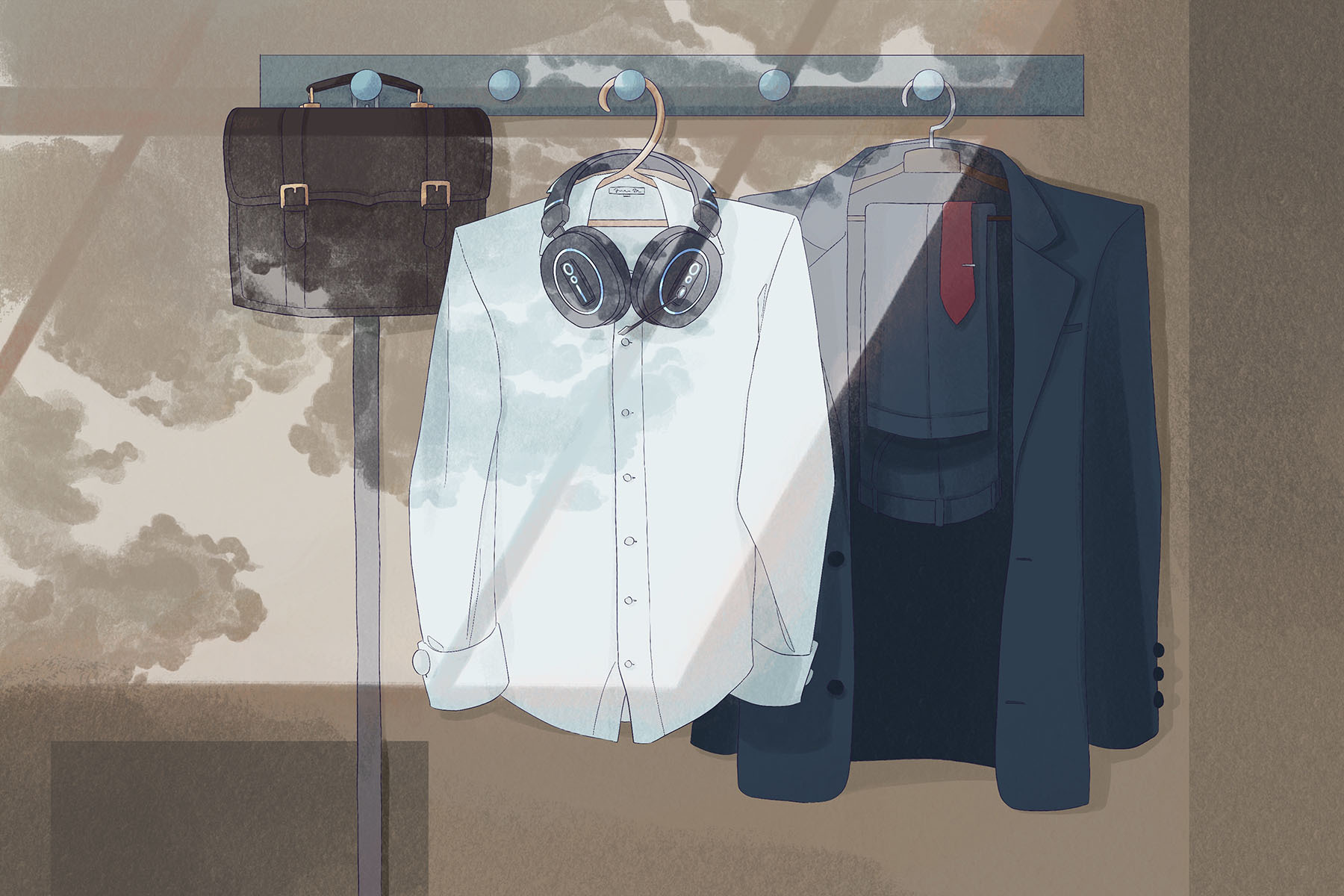Whether during summer break or after graduation, many college-aged individuals are on the prowl for anything that might bulk up their resume and better their career or graduate school prospects. Perhaps the most valuable resume material is “experience” through an internship in your desired field. Unfortunately, taking on the responsibilities of such positions often requires sacrifice. If you’ve ever felt guilty for “wasting time” on simple pleasures instead of working on building up your resume, never fear. Those hobbies are not only essential to a healthy personal life but offer immense value to your professional development. They can have as much impact on your resume as any internship.
Obviously, an internship carries more weight with a hiring manager than the mention that you enjoy camping. Internships are a vital part of the college experience; they offer a look into potential career paths as well as hands-on experience. Students with plenty of internships can usually look forward to more opportunities and higher wages than those without, but it’s worth noting that having an internship makes you part of a fairly exclusive club. Even as internships become increasingly important for undergraduates, there are still many obstacles that prevent people from reaping the full benefits of these positions. What if all your mental bandwidth is devoted to academics? What if you already work to pay for your tuition? What if you are desperately clinging on to the little free time you have left?
It can be difficult to give up your free time. The idea is that as enjoyable as your hobbies may be, they are a less productive use of your time and ought to be readily abandoned when valuable internship opportunities come up. The key problem with that mindset is that free time isn’t wasteful. However, a Rutgers University study found that believing leisure to be a waste of time actually makes it less enjoyable and consequently less beneficial. On a personal level, leisure activities are incredibly valuable in alleviating stress and improving focus. Nevertheless, as they inherently exist outside of work hours, the professional benefits of free time and hobbies can be severely underestimated. Furthermore, they can bulk up a resume for people who don’t have the freedom or privilege to take advantage of other professional opportunities.
Think about it this way: on a resume, there is a section titled “Skills and Interests.” What is the difference between those two categories and “Hobbies,” and why should you include any of them on your resume? “Skills” refer to the abilities or areas of competency you’ve already cultivated through past training or experience, often in connection to your prior academic or work history. Include these on your resume to show what capabilities you can bring to the table. Some examples include analytical thinking, creativity, teamwork, project management and communication. While ”Skills” refer to what you’ve already accomplished, “Interests” are more future-oriented, as they are areas and opportunities that you want to pursue further. Interests serve as evidence of ongoing learning and can be included on a resume to show openness and versatility. Examples include journalism, art, nature or entrepreneurship.
There’s a clear relationship between interests and hobbies, but hobbies actually have a tighter connection to your skills, as they are the result of skills you put into practice on a regular basis. While interests lie within the realm of possibility, hobbies occupy the here and now. Buried within your favorite activities are cross-disciplinary skills you’ve honed with devotion and delight. A well-practiced skill that you enjoy is significantly more valuable to an employer than some generic thing you have training in but no passion for. Including hobbies on your resume alongside the typical “Skills and Interests” section offers context to an otherwise simplistic picture of you and your professional goals.
For example, let’s start with social media. Social media is everywhere, and few people use it with greater frequency and fluency than Gen-Z, the eldest of whom are entering the workforce as we speak. Built into the minds of this generation is a basic knowledge of photography and graphic design, often acquired through composing the perfect selfie or layout. Furthermore, they possess basic communication skills practiced daily through the composition of catchy captions and formal academic essays. They have extensive research skills gained through class assignments, as well as a painfully necessary dose of media literacy and a familiarity with the dangers of misinformation. While it is often criticized as a waste of time, social media offers useful skill sets to include on your resume.
Another example would be games and sports. Chess and football are very different activities but listing either on your resume will hint at certain valued traits: chess brings to mind quick thinking and analytical ability, whereas football paints you as someone who is good on a team and reliable under pressure. Dungeons & Dragons shows that you not only have an affinity for all things fantasy, but also a strategic and creative mind. Games and sports give your skills some real-world testing and are a great way to show that you can back up every skill on your resume with concrete proof.
Admittedly, it feels a bit strange to include hobbies on a resume. There is the issue of how pertinent they are to the main point of a resume, that is, to find employment. There are certain expectations of separation, wherein the work-life balance is set and never breached. Hobbies just come across as too frivolous for the workplace. However, no matter how silly or unrelated your hobbies may be, it is undeniable that the way you spend your free time says a lot about who you are. If you are concerned that your resume doesn’t contain enough “experience,” and doesn’t give your true self a fighting chance, explain who you are through what you choose to devote yourself to.

















